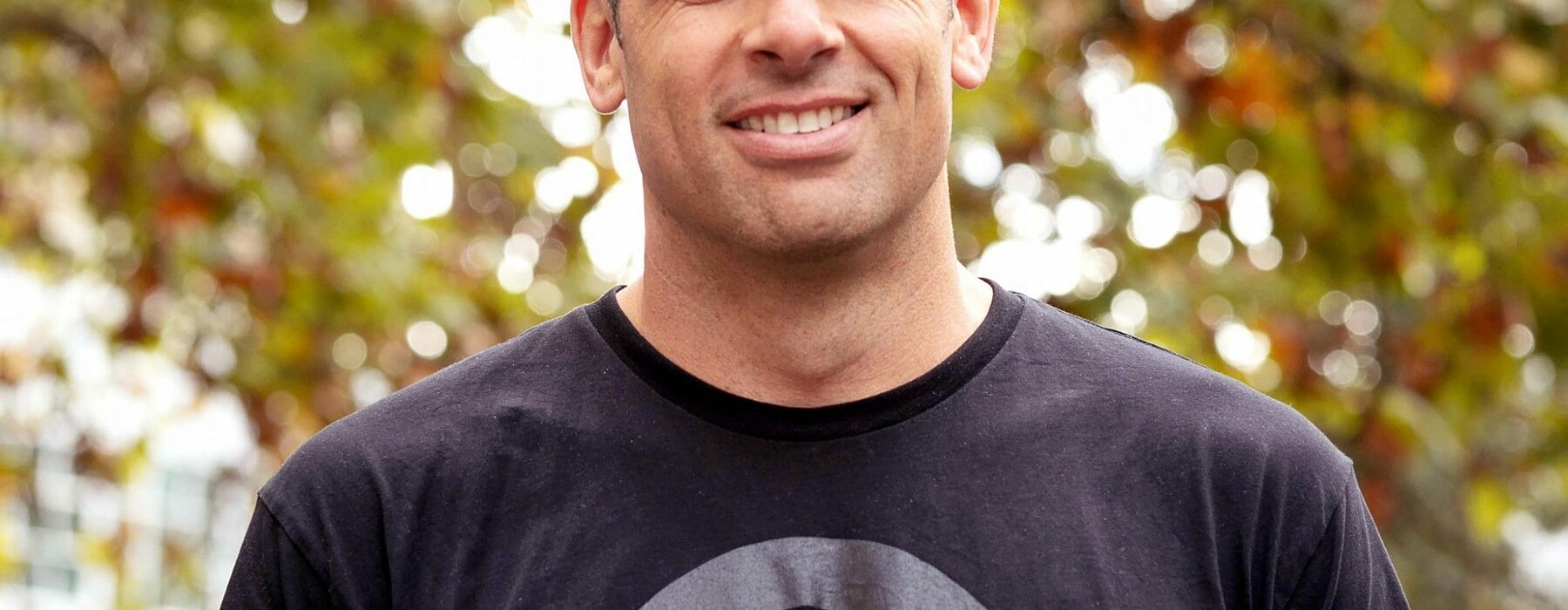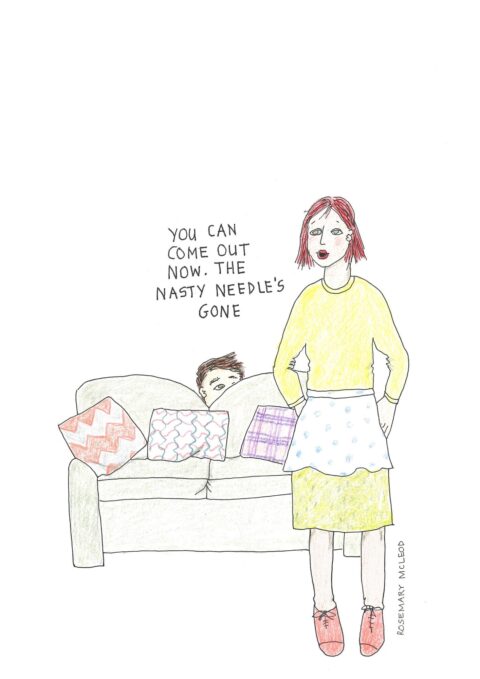Rugby player turned Xero executive Craig Hudson tells Jessica-Belle Greer why it’s important to help Kiwis show their full selves when they turn up to work.
New Zealanders are known for their can-do attitude, but can we overcome our troubling mental health statistics?
According to recent research, a quarter of New Zealand adults suffer from poor mental wellbeing. “We have some of the worst stats in the OECD,” says Xero managing director and mental health advocate Craig Hudson. “It is systemic in our culture that we need to change.”
If we take Craig as a case study, the answer to the above question is an optimistic one. Craig grew up in what he calls a traditional Kiwi “harden up” home. At school in Tauranga, he was only interested in sports practices, and failed his School C. Having gone on to an international rugby career, he became well inured to rolling with the punches until a life-altering injury – a virus brought on by overtraining syndrome that attacked his heart – forced him into early retirement.
To get through the downtime, Craig got a dog, to drag him out for walks. It took 12 months before he entered a corporate office, but he found the knocks of a toxic workplace culture worse than physical ones out on the field, and his self-doubt morphed into real mental health issues.
“I just got worse and worse, to the point where I’d be what you’d class as a high-performing depressant at work,” he says. “And then I’d go home, and I’d fall apart and be an absolute mess for my wife. With one child, another one on the way… I wasn’t really present.”
With the support of his wife, Bronwyn, Craig left the job and found work at a family-owned company. He’d been given medication from the doctor, but it wasn’t doing the trick. Fortunately, his new boss opened up to him, which built a sense of psychological safety so Craig felt he could share some of his own struggles. Under the guide of business coaching, he was given counselling support to learn strategies to understand his triggers, as well as safely get off the medication.
With a brighter outlook, in 2014 Craig and his wife moved to the UK to show their four young children the world. Craig joined accounting software company Xero in a junior role and was promoted twice within little more than two years, becoming a regional director and leading the business into Europe, the Middle East and South Africa. Now back home and managing director for New Zealand and the Pacific Islands, he is responsible for the company’s business performance in this part of the world, as well as championing the small-business economy.
“It’s definitely a non-traditional leadership pathway, with mental health challenges along the way, and a little bit of – well a lot of – impostor syndrome, because I don’t have a degree.”
Craig decided to share his mental health story with his staff and, after some tears and laughter, he started to build on a workplace culture in which it was okay to show your full self at work.
“If a leader is able to have more real conversations and be more transparent and open and be honest, then it drives trust. It drives connections,” he says. “The conversations we’ve had on the back of me being a little bit more open and vulnerable around what I’ve been through have been incredible. People have now stepped up, and we’ve got wellbeing champions, as we call them, throughout the business, all over the world.”
According to the World Health Organization, leadership commitment and engagement are important factors in achieving healthy workplaces. Research by Teladoc Health in the US, UK, Canada and Australia found half of employees agree that when executives and leaders talk openly about their mental health at work, it encourages them to feel more comfortable about their own mental health.
“The power of vulnerability in leadership and caring for people above numbers actually is a sustainable business model,” says Craig.
Xero’s Small Business Wellbeing Report, in association with the Mental Health Foundation, found that every dollar spent on mental health services in New Zealand would repay the nation with $3.50 in productivity gains and other savings. Yet, many business leaders – in fact, 40 percent of small business employers – didn’t think their staff’s wellbeing was their responsibility.
When Craig first read the report, he was struck by the thought that the country had a leadership gap when it came to wellbeing. “But I also realised that as we steadily close that gap, the opportunity for us as a country is immense,” he wrote in the report’s introduction. “After specialist mental health services and primary healthcare, workplaces are the next biggest place of mental wellness support. They can – and indeed must – play a central role in building people’s resilience and positive mental wellbeing, so they can better cope with setbacks, take advantage of opportunities and be productive, contributing members of families, communities and workplaces.”
Seeing mental wellbeing as a skill that can be learned, Craig and his team created The Check In. It’s a simple five-step guide, available for free on Xero’s website, which encourages businesses to create a culture of connection and understanding, and build leadership capability, to empower people to reach their full potential.
“It’s not around having fruit bowls or yoga classes,” says Craig – although Xero’s open-plan Auckland office is pinging with a pool table and foosball during our interview. “It’s making sure you’re investing in people, you’re holding each other to account and being truly connecting.”
Systemic change is the end game, and, as such, accountability is important. “All it takes is one stupid comment or one crap action and all the good work that you might have done is gone,” says Craig. “And if people see that you’re faking it or that actually you’re just lip servicing it, they won’t trust you and that’s all gone. So you go right back to the start again.”
So far, The Check-In has been well received by companies both large and small. “The call-outs of people thanking us for the work that we’re doing and the personal stories that come in energises you,” says Craig. “I have quite a few reference points – the extreme examples of potentially saving lives is incredible.”
Craig keeps up the momentum for maintaining his own mental health with the help of his family. “I’ve got an exceptional wife who I’m able to connect in with, who calls me out for bullshit that I have.”
Alongside his outreach work, Craig is searching inward. He’s started running more – without music, so he can tune into his thoughts. “That’s a little bit of me time,” he says. “Now I’m not as guilty about looking after myself, because if I’m better, I can better look after others at the same time.”
Need to talk? Free call or text 1737 any time, or call Lifeline on 0800 543 354.








